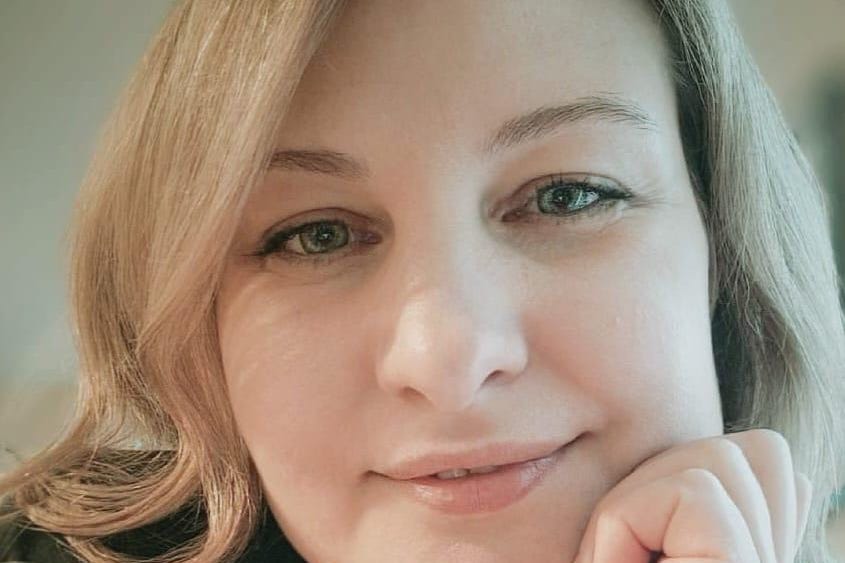NHS staff ‘missed opportunities’ to diagnose dying woman in A&E, inquest told
Inga Rublite died two days after she was found having a seizure under a coat at Queen’s Medical Centre in Nottingham.

Your support helps us to tell the story
From reproductive rights to climate change to Big Tech, The Independent is on the ground when the story is developing. Whether it's investigating the financials of Elon Musk's pro-Trump PAC or producing our latest documentary, 'The A Word', which shines a light on the American women fighting for reproductive rights, we know how important it is to parse out the facts from the messaging.
At such a critical moment in US history, we need reporters on the ground. Your donation allows us to keep sending journalists to speak to both sides of the story.
The Independent is trusted by Americans across the entire political spectrum. And unlike many other quality news outlets, we choose not to lock Americans out of our reporting and analysis with paywalls. We believe quality journalism should be available to everyone, paid for by those who can afford it.
Your support makes all the difference.A woman who had a seizure after waiting hours in a crowded A&E waiting-room died of natural causes but NHS staff “missed opportunities” to diagnose a bleed on her brain, an inquest heard.
Concluding the inquest on Thursday, Nottinghamshire coroner Elizabeth Didcock said Inga Rublite had a condition that had “likely been present for years” which took its “naturally occurring course”.
The 39-year-old suffered a “massive bleed” on her brain from an aneurysm while she waited more than eight hours to be seen by a doctor at Queen’s Medical Centre (QMC) in Nottingham on January 20, causing “significant, irreversible” brain damage.
Ms Rublite, originally from Latvia, died two days later when brain stem tests showed “no improvement in brain function”.
The two-day inquest heard that A&E staff believed that Ms Rublite had left the QMC after calling for her three times in the waiting room at 4.30am, 5.26am and 6.50am, and once on her phone, so they discharged her from their system.
The mother of two was found 10 minutes later “slumped on the floor” with a coat over her face “seemingly asleep”, but she was found to be having a seizure.
Evidence presented in the inquest showed staffing levels were “depleted” during the shift and the dedicated senior decision-maker had been diverted to “help with pressures elsewhere”.
Ms Didcock said in her final statements that the triage nurse should have spoken to a senior decision-maker, who could have “escalated” the situation based on her symptoms.
She said: “I find on balance had she been seen by a senior decision-maker, she would have had a CT scan which would have found the bleeding.”
Ms Didcock concluded that “all was done to try to stabilise her” once Ms Rublite’s condition had been found.
The ward also had “significant” overcrowding because its maximum capacity of 38 people was exceeded by more than double, the inquest heard.
We accept there were missed opportunities in Inga’s care and are truly sorry that we did not meet the standards we strive to deliver
Ms Didcock said the investigation conducted by the NUH had been “thorough and thoughtful”, and that “many of the issues that this case has identified” were out of their control.
Dr Manjeet Shehmar, medical director at the Nottingham University Hospitals Trust (NUHT), said they were “truly sorry” they did not meet the standards they “strive to deliver”.
He said: “We would like to offer our sincere condolences to the family of Inga for their loss.
“Although due to the nature of the bleed on the brain the outcome is unlikely to have been different, we accept there were missed opportunities in Inga’s care and are truly sorry that we did not meet the standards we strive to deliver.
“We have completed an investigation in order to assess and implement learning, and as a result have introduced changes in our emergency department to ensure we can deliver better care to patients and support our staff to do this in the future.
“We fully accept the coroner’s findings and are determined to take all action possible to improve our care.”